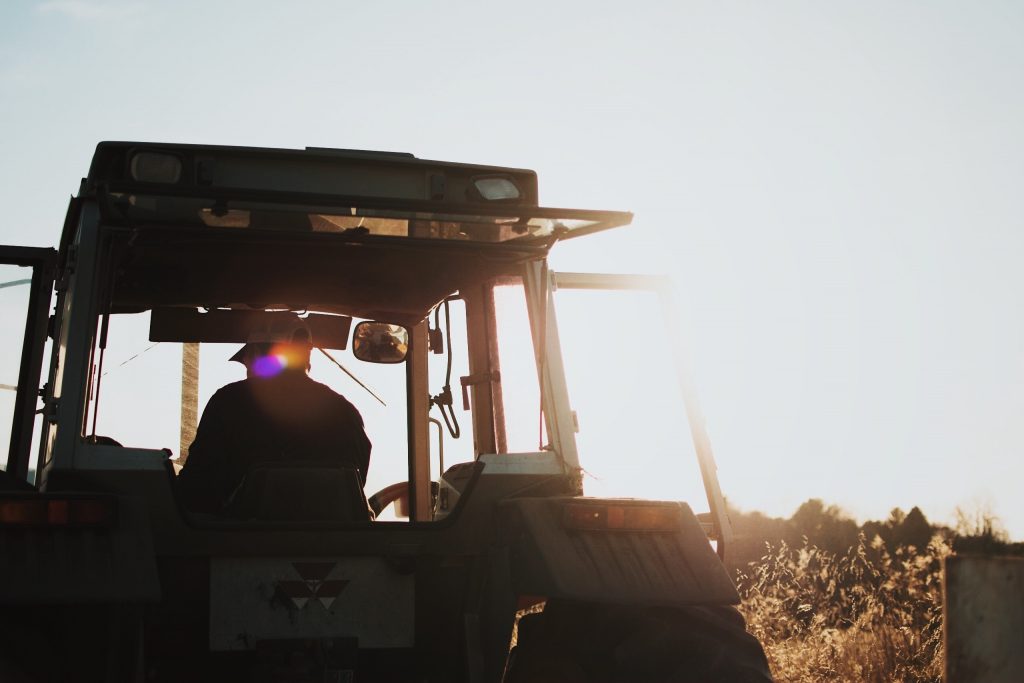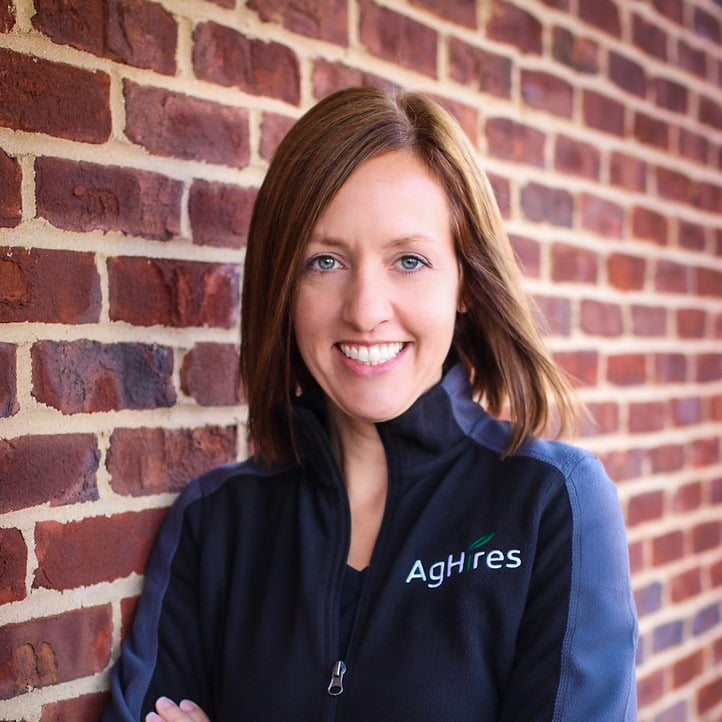
Have you ever hired someone for your farm only to be sadly disappointed in your pick within the first few weeks?
Farmers often get trapped between two extremes when hiring: They rely on their gut to read people through casual conversation and never dig deeper, or they rely too heavily on the individual’s background and ignore character flaws.
When determining if someone will be a strong long-term fit and high contributor to the team, we need to look at a combination of skills and who they are. Strong candidates don’t necessarily have to come with a farming background as long as transferable skills are present. For example, when hiring an operator, basic knowledge and a comfort level with larger equipment in military or construction might be the perfect fit even without farming experience.
As important, if not arguably more important than the transferable skills, are the individual traits of the person. We need to work to understand how they think, what they enjoy, and what their motivations are. Those key indicators will lead to a more solid conclusion if they are a fit for the job and the team.
These are three must-ask interview questions that will allow you to better understand each candidate.
1. In your past jobs, of the various tasks, roles and projects, what have you enjoyed doing the most and what have you enjoyed the least?
This question is geared to learn what they have a passion for and if you have work on your farm that aligns with what they enjoy. Their resume might be filled with equipment-operating and maintenance experience, but in asking this question, you may discover they love to operate and actually hate working on equipment. Just because they can do that work doesn’t mean they prefer to. If the role you have is 50% maintenance, you will want to explore further if this is the right job for them.
Follow-up question: For each position on their resume, ask their reason for leaving one job and moving to another. The answer to these movements indicates what the candidate values and what’s important to them in a company. It also helps you reveal any potential red flags about their transitions.
If you’re struggling to uncover candidates whose passions match the role, consider working with a specialized agriculture recruiter who can pre-screen applicants and present you with only the best cultural and skill-based fits.
2. What is your superpower; what is it that you are naturally good at and bring to the table wherever you work?
If you look at your current team, each person has something of value they bring to the table. You might have someone who is the “technology guy,” the “cautious one” or the “team builder.” Find out what characteristic is a natural tendency of the candidate and consider if that brings value to your farm.
Follow-up question: What’s the toughest feedback you’ve ever received? Or, in what areas do you feel you still need to grow?
How they answer a question about their weaker aspects tells a lot about a person. My best candidates often struggle with sharing about their best quality and give a laundry list of areas to improve. It’s not because they are an incompetent hire; they’re simply humble and always looking to improve.
For leadership roles, an executive agriculture recruiter can help you find candidates who not only bring technical skills but also the natural strengths that elevate a team.
3. If we spoke to your co-workers and managers and asked them what’s it like to work with you, how would they describe you?
This is one of our favorite, go-to questions. Most candidates are taken by surprise and haven’t given a lot of thought as to how someone would describe them. You’ll typically get genuine answers to this question, as it takes a different angle.
I had a candidate that wasn’t as articulate on the phone. When I asked him this question, he said he is somewhat of an introvert, he said he is working on it, but not much of a talker at work. He said people might describe him as quiet but excellent with equipment. That sheds a new perspective on his interview. He’s an excellent mechanic and was a great hire for our client.
Getting an understanding of the answer to this question also helps with onboarding a new hire. You already have some insight into how they might interact with you on a daily basis and how they would best be managed.
If you’re recruiting in a specialized sector—such as dairy, crop protection, or controlled environment agriculture — understanding how a candidate is perceived by peers can be just as important as the skills on their resume.

Conclusion
Farm managers have a tendency to place too much emphasis on someone’s work history, and not enough emphasis on whether they are a fit for the farm. Smart people, with the right attitude, motivation, and natural tendencies that align with the farm, will get up to speed quickly. Hiring someone with far less experience with the right inherent traits will yield a high-producing, long-term employee.
We’re seeing a trend as the dynamics on the farm are changing along with the talent needed to support the operation. There’s a reason we’re seeing more engineers on farms and individuals from other industries. The progressive farm operations have already come to the realization that you need to look at the whole package someone is bringing to the table, and pay less attention to what’s listed on the resume. Just ask my most recent client who mentioned some of his hires have no agriculture experience. One has a sociology degree. In his words, “We have to find the right person.”
If you like this content, also check out Benefits of Hiring Outside of the Agriculture Industry.
For more hiring tips for your farm or ag business, visit our Hiring Advice Blog. And if you’re ready to find the right person for your open role, let the ag recruitment experts at AgHires help you connect with top talent.
Written by: Lori Culler, AgHires Founder/Owner





